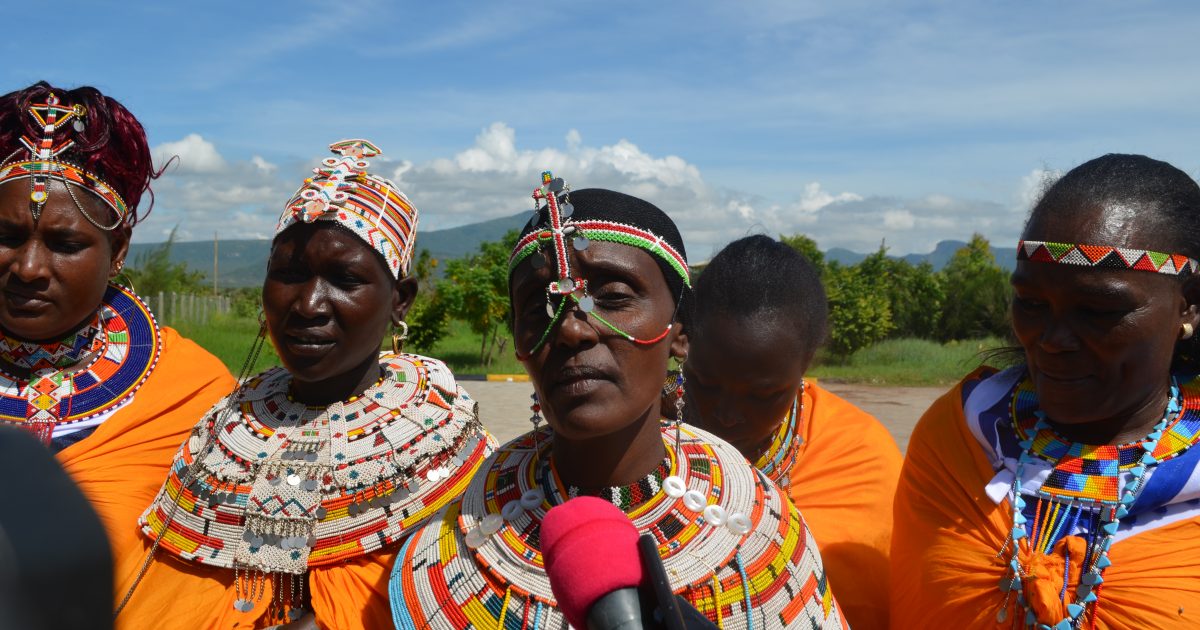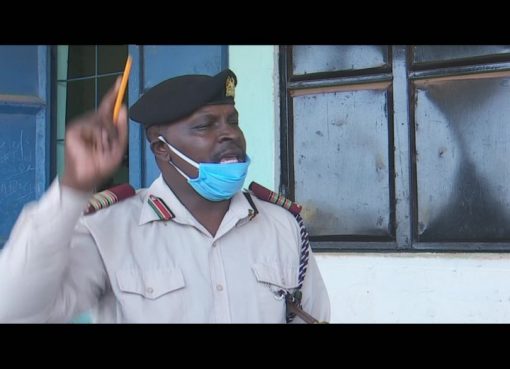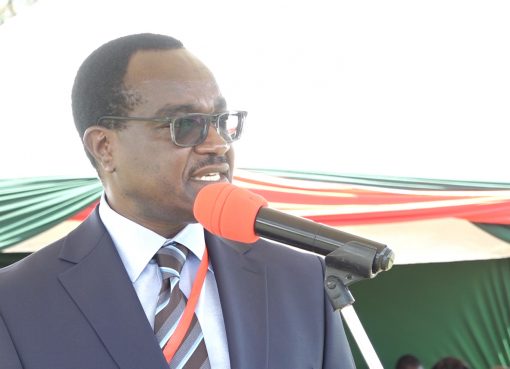Over 12,000 needy students from Marsabit, Isiolo, Samburu and Laikipia counties will benefit from a bursary from the Northern Rangeland Trust (NRT) in support of their education.
The NRT chief executive officer Tom Lalampaa said the organisation will spend Sh78.5 million in bursary for 12,557 needy students.
Mr Lalampaa said that 18 conservancies have prioritised education among the pastoral communities with a view to mentoring them to be dependable future leaders.
He said that his organisation recognises the role played by women among the pastoralists and NRT places education, health and security in its agenda and the move has realised positive changes in the region.
The NRT boss who was addressing a women conference in Isiolo said the organisation has been empowering the women with beading skills as a means of reducing poverty among the communities as well as mitigating the drought effects in the region.
“Women now do handcraft works to earn funds from tourists and the local traders who buy their merchandise hence getting profits that benefit the local families in income generation,” he added.
He said that women earn income from foreign exchange while selling the beading products that fetch them cash while the conservancies operate and assist the national government in monitoring the security situation in areas prone to insecurity.
The chairlady of Melako conservancy Ramphasia Elealo said that NRT had given women cash at hand by ensuring the market of their products was available and prices remained better hence realizing good profits.
Ms.Elealo said that since NRT started the women empowerment activity, close to 10 years ago, they were able to own property while their men had begun to respect them in the community.
She added that Conservancies have been working hand in hand with the local people to ensure that stolen animals are recovered and returned to the owners by avoiding conflict among the communities.
On drought, Ms Elealo said that profits from their economic activities provided resilience but challenged the local leaders to stop infiltrating politics into NRT projects since the organisation had been socially and economically benefiting the region.
By Abduba Mamo





